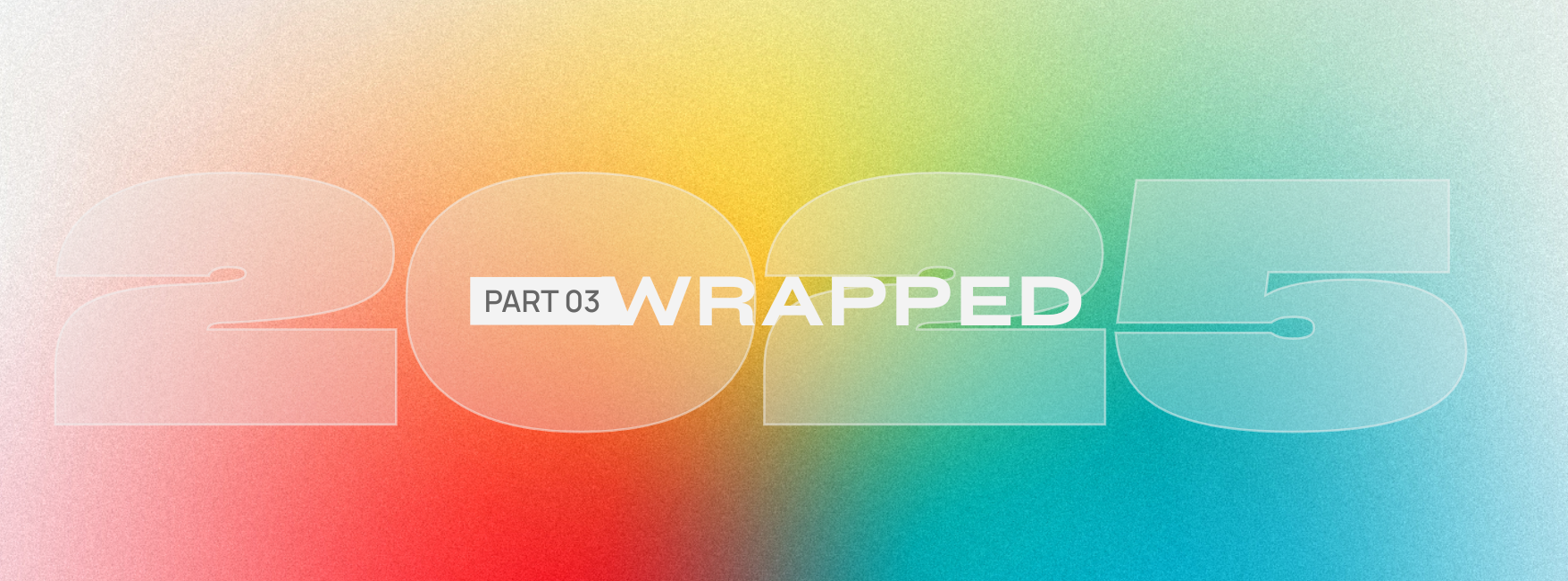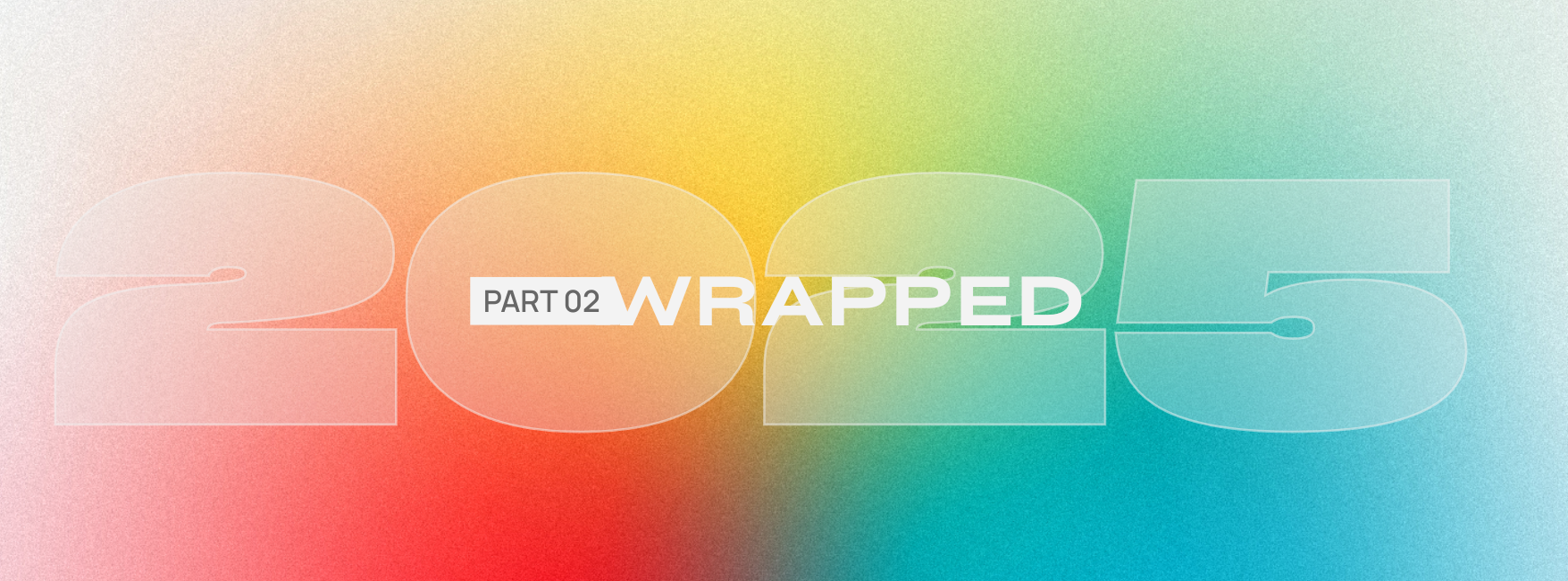This third piece of the blog series identifies market gaps in industries that fall into health, wellness, and lifestyle. During a global pandemic, there is only one thing one can do - stay healthy.
Pampering became part of daily routine, as well as vitamins intake and regular exercise. Since habits die hard, we are optimistic that the new healthy habits will linger post-pandemic.
This blog piece identifies market gaps in the industries such as:
- Clean Skincare
- Vegan Meat alternatives
- Coffee Alternatives.
Let's dive in and discover opportunities in the growing environmental-friendly industries.
1. Market gaps in the Clean skincare industry
Why now?
COVID-19 pandemic accelerated the beauty movement. People are trying to feel good and stay healthy during the pandemic. They are turning to natural remedies and ingredients to restore inner calm. Taking care of body and skin health is gaining importance. Many are dealing with maskne and dry skin caused by heavy usage of antibacterial soaps. Wearing masks and heavy make-up are not getting along well; that's why we are trying to get the best possible skin condition.
During quarantines, keeping a skincare department was the newly found hobby for many. This trend will likely continue and accelerate post-pandemic.
What's the potential?
The clean beauty market is projected to grow 9.5% annually until 2025, reaching 25.11 billion USD by 2025. The awareness of the consumers on the type of skincare purchased is increasing over time. The share of consumers that purchase natural and/or organic cosmetics is growing at a fast rate.
In 2020, the leading global claims in beauty& skincare were: 1. Natural, 2. Hydrating, and 3. Paraben-free.
Skincare was the largest category in the global beauty industry in 2020. Natural skincare is gaining popularity, and people are drawn to clean non-invasive products. Companies are aware of this trend and go "green" as fast as possible. Unfortunately, this rapid pivot towards natural skincare creates a lack of trust among consumers.
What's the key to success?
"Clean beauty" is less about the label "clean" and more about the combination of safe ingredients and natural processing + transparency. Although clean skincare is sold in almost every supermarket, customers need insight and education on how to use this skincare. Even the most natural ingredients, such as shea butter or unprocessed oils, can damage the skin.
I've recently read this blog about a successful entrepreneur in the clean skincare industry, explaining the importance of offering research and reviews regarding the offered "clean" products. Every skin reacts to the same product differently. The color of the skin is as important as the type of skin. Companies can fill the diversity gap among the products by targeting different skin types and offer suitable products for each skin type.
If you're on the lookout to invest DOWNLOAD the complete FREE ebook with 15 industries with market gaps that will explode in 2023 HERE.
___________________________________________________________________________________________
2. Market gaps in the Vegan meat alternatives industry
Why now?
The global meat alternatives market will reach 7,1 million by 2025, at a CAGR of 7.7%. Asia Pacific holds a significant market share that is expected to progress at the fastest CAGR rate.
The popularity of veganism is rising for several reasons: environment awareness, intolerance, holistic health. COVID-19 pandemic shifts the focus of the people towards greener, healthier food. Although not confirmed scientifically, some studies suggest that vegan and vegetarian diets boost the immune system. More importantly, it is considered that the single biggest way to save the environment is to avoid meat.
What's the potential?
Tofu and soy meat dominate the market. Other vegan meat alternatives hold a market share of 20% of the industry. This category has potential for product innovation and holds a huge market potential. The plant-based protein market is accelerating at an 18% rate.
Demand for vegan meat soares in 2021 because of issues in the supply chain because of COVID-19. Startups that focus on plant-based protein are getting millions in funding amid pandemics. Likely, consumers will completely replace animal-based products with plant-based products in the next decade.
What's the key to success?
People are used to meat-based dishes, and switching to plant-based would be difficult. The transition from meat to meat alternative should be as seamless as possible. Bridging the gap between real meat and meat alternatives is crucial. It requires mixing plant-based proteins in a product with an appealing taste and smell, similar to the 'real thing.' This is especially important if targeting the flexitarians or the »part-time vegans."
The comparatively high prices of the meat substitutes are a problem for many who want to swap meat with plant-based alternatives. The demand for meat alternatives will likely grow since surveys show a big interest in meat alternatives. Producing innovative meat alternatives with affordable prices will convince even the most stubborn meat-eaters.
If you're on the lookout to invest DOWNLOAD the complete FREE ebook with 15 industries with market gaps that will explode in 2023 HERE.
___________________________________________________________________________________________
3. Market gaps in the Coffee alternatives industry
Why now?
The market for coffee alternatives will inevitably grow because of the rapid inclination towards veganism. Also, the wellness and health trend is likely a growth driver. Non-caffeine products are healthier, have the same taste as coffee, and boost weight loss.
Also, caffeine sensitivity is increasing around the globe, and many people suffer from caffeine allergies. As a result, new dietary habits change for the better. Furthermore, caffeine intake is connected to headaches and anxiety, while caffeine overdose can worsen these conditions. These are the key drivers of the global coffee substitute market.
What's the potential?
The caffeine substitute market is estimated to grow at a CAGR of 7.70% from 2021-2028. The market is divided into organic and conventional.
The coffee industry is one of the most vulnerable industries to climate change. This is because the arabica bean plants grow in cool, rainy regions. Global warming will significantly shrink these regions, which leads to deforestation of other cooler regions. Coffeeless coffee, as well as meatless meat, is the next best thing.
What's the key to success?
Consumers switch to coffee alternatives because of different reasons: dietary, health & wellness, or out of curiosity. Targeting a larger global audience means using only natural and organic ingredients and avoiding artificial additives. Some of the largest players in this industry use herbs and seeds for recreating the flavor and color of real coffee.
If consumers switch to non-caffeine coffee, they will want to make sure they have health benefits. The leading players in the global coffee substitutes market are benefiting from eCommerce and innovative online strategies.
If you're on the lookout to invest DOWNLOAD the complete FREE ebook with 15 industries with market gaps that will explode in 2023 HERE.
Or if you want to learn how to identify market gaps in your industry, take advice from our innovation consultants in our must-read article. Then, check out the first and the second blog, and stay tuned for the fourth piece of the blog series on market gaps in three other industries.
- Industries with potential market gaps that will explode in 2022 - Part 1
- Industries with potential market gaps that will explode in 2022 - Part 2
- Industries with potential market gaps that will explode in 2022 - Part 3 (This article)
- Industries with potential market gaps that will explode in 2022 - Part 4
- Industries with potential market gaps that will explode in 2022 - Part 5 (Coming soon)







.svg)